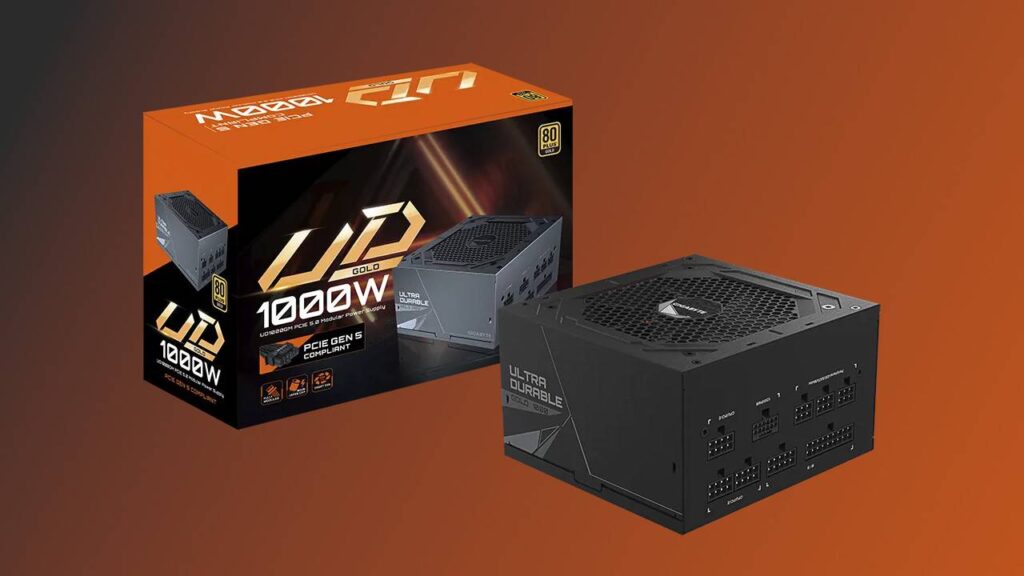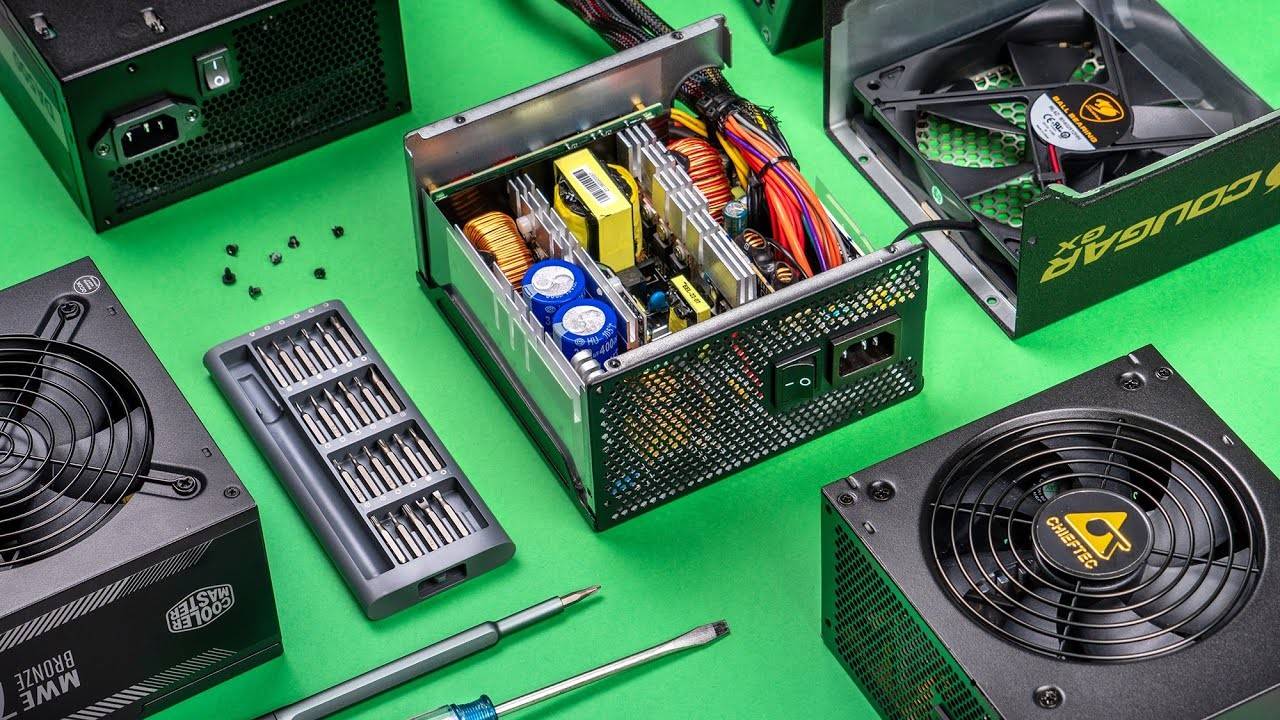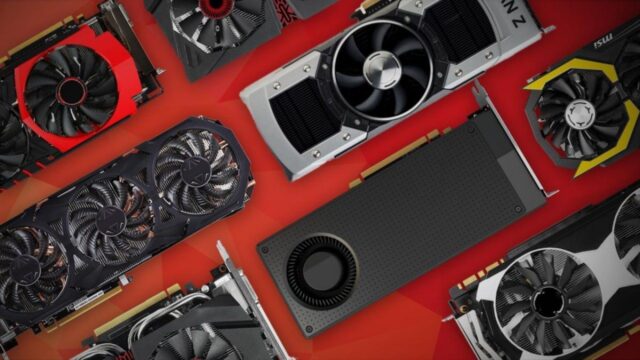When people who want to build a computer do the necessary research before putting their systems together, they come across a truth: every component inside the case is important, and if the right choices are not made, compatibility issues may arise. So, what is the PSU that we usually purchase with minimal research? Here are things to consider when buying a power supply…
What is a PSU/Power Supply? What should we pay attention to when buying one?
PSU, or power supply unit, takes electricity from the outlet and delivers it to the case in a controlled manner according to the system’s needs. If we consume 150W of power while browsing the web, the TDP value can rise up to 1000W depending on the system when we start playing a game.

Many people who build powerful systems tend to focus only on components like the graphics card, memory, and processor. However, if we want a continuous and stable power supply to our system and to protect it from potential fluctuations, we should allocate a higher portion of the budget to the PSU as well. So, what should we pay attention to when buying a power supply?
Before purchasing a power supply, we should calculate the TDP value of the system, which represents how much power it will consume. For example, it may be stated that our processor can consume up to 165W. Similarly, graphics cards can consume between 200W and 400W under workload.
We also need to add the power consumption of the case, motherboard, memory, and fans. However, as a rough example, the AMD Ryzen 5 3600 processor consumes 65W, and the MSI NVIDIA GTX 1060 GamingX 6GB graphics card consumes 120W. If the motherboard consumes 50W and other components consume up to 100W, a 400W or higher PSU would suffice on paper.

However, the reality is a bit different. If you buy a PSU labeled as 400W but it is not efficient enough, it may not be able to reach or sustain that level, leading to power fluctuations. In fact, many aftermarket PSUs fail to deliver even half of the stated values.
Therefore, we recommend choosing a PSU between 500W and 600W (as an example for the showcased system), considering both the longevity of the system—allowing for future upgrades such as the motherboard, processor, and graphics card—and the efficiency rate.
Additionally, when buying a PSU, you will notice that it has certain certifications as shown in the image above. In the first place, you should prefer a device that meets these standards and has an 80 Plus certification. Then, depending on your budget, you can make a choice based on its efficiency, such as Bronze, Silver, Gold, Platinum, or Titanium.
This way, you will know that the PSU has undergone various tests and complies with standards. You can confidently purchase it, knowing that it has high efficiency and will maintain the promised values for many years, while also protecting your system against high current and fluctuations.
What are your thoughts on this? Don’t forget to share your opinions in the comments!














